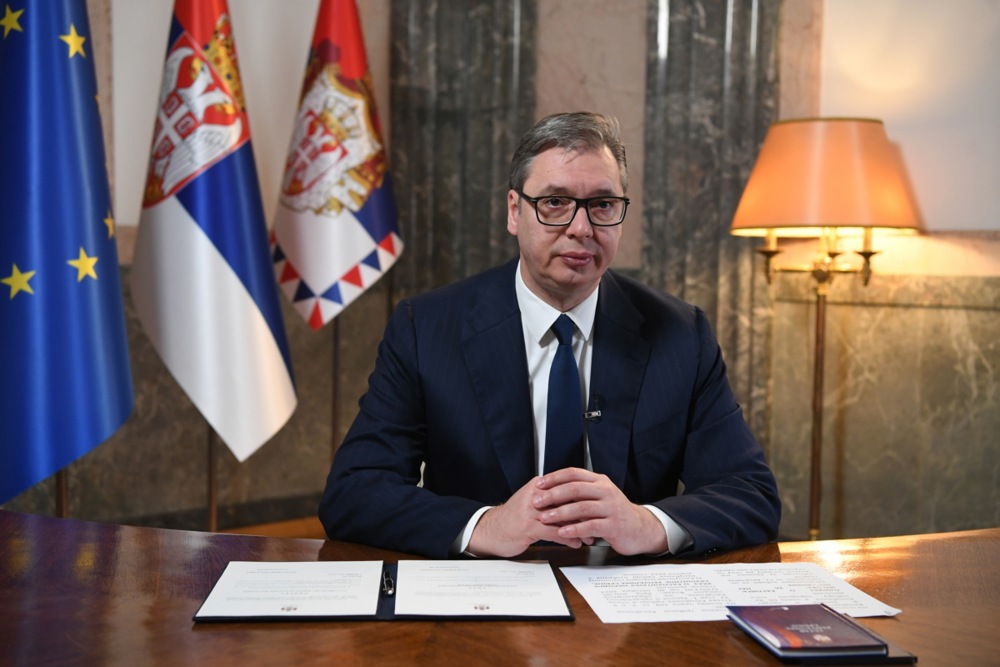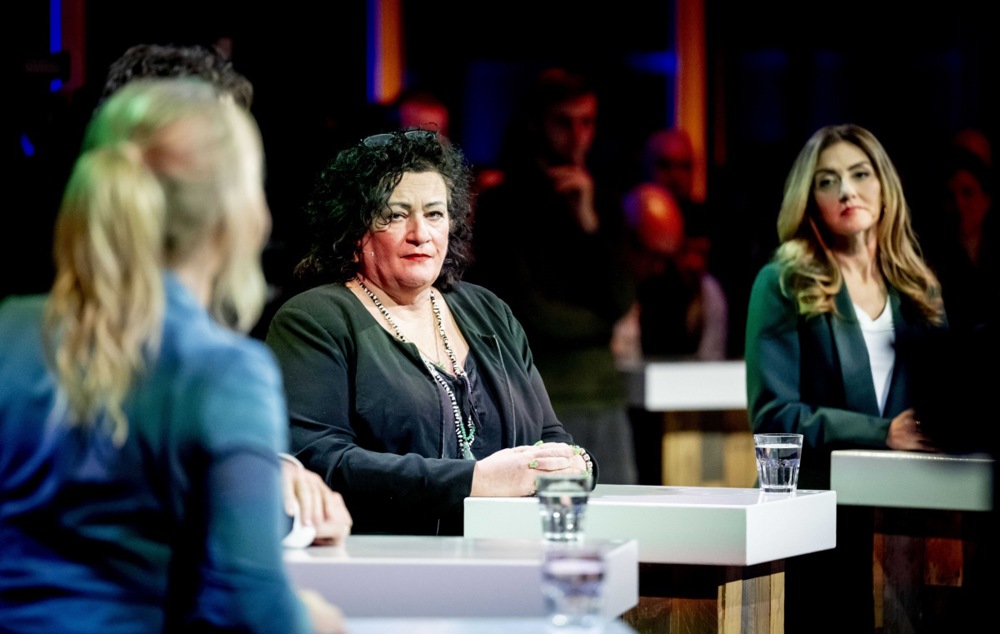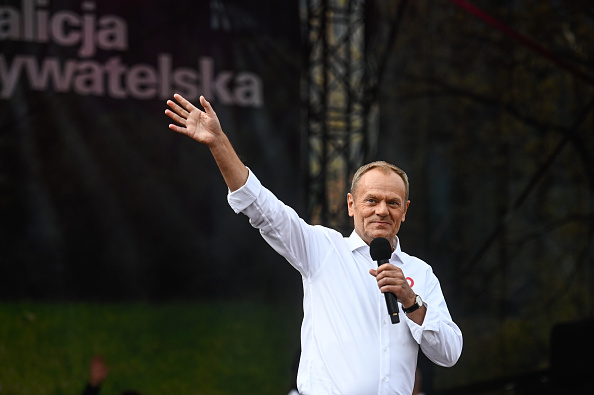President Aleksandar Vučić’s governing Serbian Progressive Party (SNS) is expected to cling narrowly to power in this weekend’s elections.
That comes after a heated race which saw Government critics apparently targeted with “military-grade spyware” ahead of the vote on December 17.
That said, an opposition coalition powered by citizens’ outrage at gun violence may yet deny Vučić a parliamentary majority and clinch control of the capital, Belgrade.
The campaign for Sunday’s snap elections has seen violence and reports of vote buying, according to CRTA, the Serbian democracy watchdog.
The ruling party received 75 per cent of prime-time media coverage, but protests after two mass shootings in May have raised the possibility of an alternative outcome to Vučić’s reinstatement.
“The Srbija protiv nasilja [Serbia against violence] protests are entering a stage of bringing the movement into Parliament,” Alejandro Esteso Pérez, fellow at the Balkans in Europe Policy Advisory Group, told Brussels Signal.
The 15 smaller parties participating in the anti-gun violence demonstrations have come together on a joint coalition platform, polling at around 25-26 per cent. The parties hope to form a pro-EU “technical government” with a limited term and including all other opposition parties.
This “marks a considerable milestone for Serbia’s opposition parties”, Pérez said.
Many of these parties refused to take part in the 2020 parliamentary elections and “have otherwise failed to break through the SNS-led institutional monopoly”, he added.
During the latest campaign, he said this coalition faced a challenge of “skilfully dodging government-sponsored attacks and smear campaigns”.
These are the fourth early parliamentary elections since Vučić’s SNS came to power in 2012, reflecting his “strategic abuse of the electoral cycle”, said Melanie Jaindl, a researcher at the Vienna-based Institute for the Danube Region and Central Europe.
The SNS-led list is on course to win 39-40 per cent of votes – down from 44.3 per cent in 2022 – according to “available data, which should be treated with caution”, said Andrius Tursa, Central and Eastern Europe advisor at consultancy group Teneo.
Opposition parties taking control of Belgrade is a “plausible scenario”. In 2022 local elections they received more votes than the SNS, though they fell short of an absolute majority in the city council, Tursa said.
A strong performance by SNS would give it more political space to pursue unpopular compromises on lithium mining or tensions with Kosovo, for example, he added.
A weaker SNS, he said, would pursue more populist economic and fiscal policies and bring about notable cabinet reshuffles.
If there is “substantial voter migration” from the SNS to the two new right-wing lists, National Democratic Alternative (NADA) and the National Gathering (NO) – on course to get 5-6 per cent each – Vučić would be likely to take a tougher stance on Kosovo.
With their pro-Russian and anti-EU tilt, they would be difficult targets for the Srbija protiv nasilja coalition in their attempt to cobble together a majority, Tursa said.
It is likely that a weaker SNS still left in the driving seat would need to go hunting for a coalition partner, observers say. The election campaign has seen friction between it and the Socialist Party of Serbia (SPS), its partner in the outgoing government currently polling at 8-9 per cent.
Still, it seems the Socialists would likely be the chief beneficiary of the Srbija protiv nasilja‘s gains, giving it more leverage against a weakened SNS and probable hopes of gaining more posts in government.





